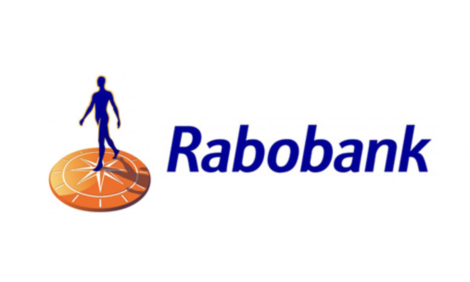



New Reports of ASF in Russia Raise Concerns in EU
RUSSIA & EU - Dead pigs infected with African swine fever (ASF) have been found in Russia, about 100km from the border with Estonia. The incident highlights the importance of biosecurity at pig farms and animal transport, prompt reporting of suspected cases and the ban on swill feeding, according to Dr Helen Roberts and Matt Hartley in their 'Preliminary Outbreak Assessment' for Defra.Defra's International Disease Monitoring (IDM) monitors outbreaks of high impact diseases around the world. ASF is among those diseases of major concern.
Disease report
The Russia Authorities have informed the European Union of a suspected case of African Swine Fever in Leningrad region (St Petersburg), near the EU border (European Union, 2011; see map below). Disease has been preliminarily confirmed by laboratory tests following recovery of pig carcasses from a poultry manure farm. Control measures and investigations into the source of the disease are underway.
Situation assessment
According to the report, samples were taken from dead pigs which had been dumped at a poultry manure storage site, Poultry Russian Vysotskaya, in Lomonosov district just over 30km from St Petersburg and about 100km from the EU border with Estonia. It is not known where the pigs originated. There are several possible sources of infection: the pigs were illegally moved from currently affected areas in the Caucasus (or other infected region); local pigs were in contact with infectious material illegally brought to the region from an infected area; underlying infection has been circulating undetected in the region and the disease is more widespread than thought.
In September 2009, a single outbreak was detected in the same region, following illegal movement of infectious material from the affected regions in the Caucasus. The outbreak was quickly stamped out and surveillance revealed no further spread. This recent outbreak is concerning as it could indicate a wider problem not only in disease distribution but also in biosecurity and compliance with disease reporting.

The proximity of the location of the pig carcases to St Petersburg and the St Petersburg ports (one of the busiest Russian port complexes, handling one quarter of all foreign trade cargoes) as well as to the EU border is concerning. This has led the EU to highlight the requirement for vehicles transporting pigs to and from Russia into the EU to be adequately disinfected. However, we would also like highlight that any transport for other trade goods coming through an infected region could potentially carry infectious material if not disinfected, whether by road or by ship. The poultry farm concerned is part of one of the largest agricultural groups in Russia which produces grains and sunflower oil, baked goods, poultry products and concentrated feed with agricultural and processing enterprises in several regions of Russia.
Russia is not on the EU list of approved countries for imports of live pigs, pig meat or pig products for either commercial or personal use.
ASF cannot be easily distinguished from CSF on the basis of clinical signs alone. Diagnostic capabilities exist in the UK to screen any suspected cases for both infections. There is no vaccine available and the disease once established is very difficult to control.
Conclusions
Defra currently considers the likelihood of introduction by legal trade in susceptible livestock or products would be negligible as the EU (and UK) rules prohibit imports of such trade from Russia.
However, this outbreak may have increased the overall low level of risk of the disease introduction into EU and UK by other possible pathways, given that the disease has been reported in an area in close proximity to the EU border and with clear transport links.
The risk posed by illegal imports remains difficult to estimate and emphasises the importance of appropriate disposal of international catering waste and vigilance at international borders.
This outbreak highlights the importance of maintaining strict biosecurity measures at pig farms, the legislative requirement for cleansing and disinfection of animal transport, prompt reporting of suspected cases and the current prohibition of swill feeding in the UK (and the EU).
Defra adds that it will continue to monitor the situation.
Further Reading
| - | Find out more information on swine fevers by clicking here. |








